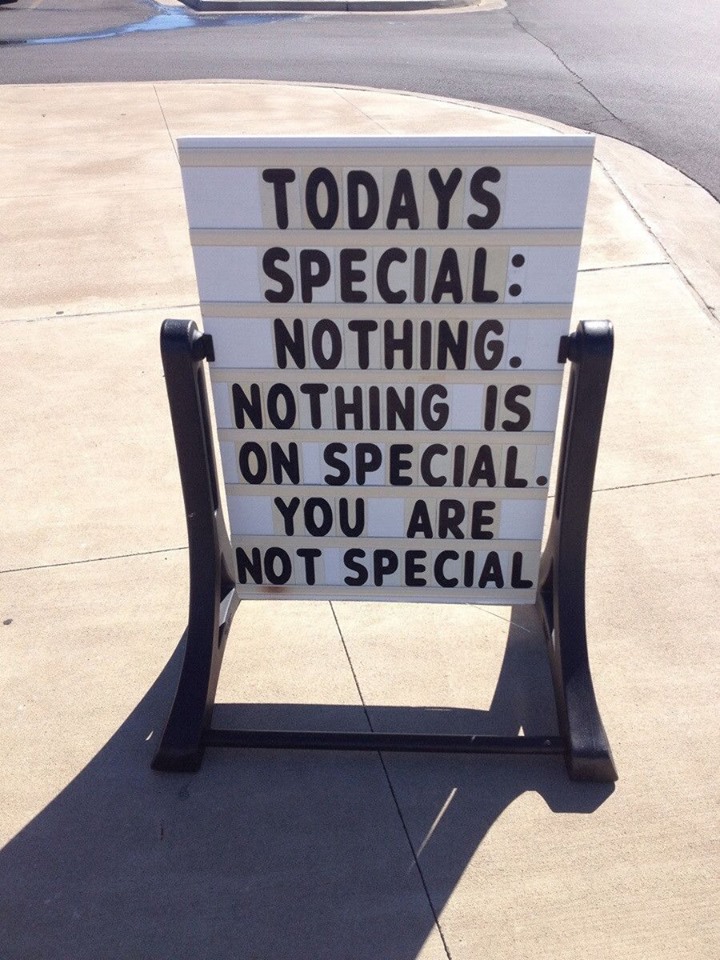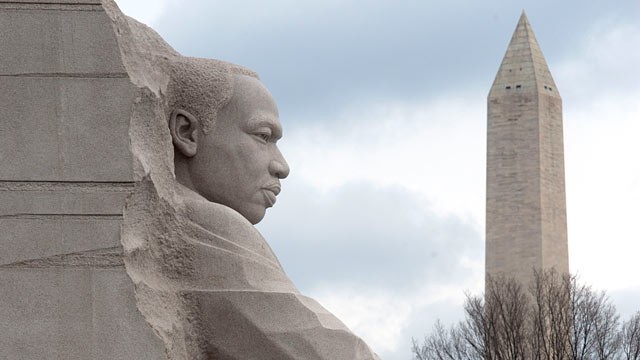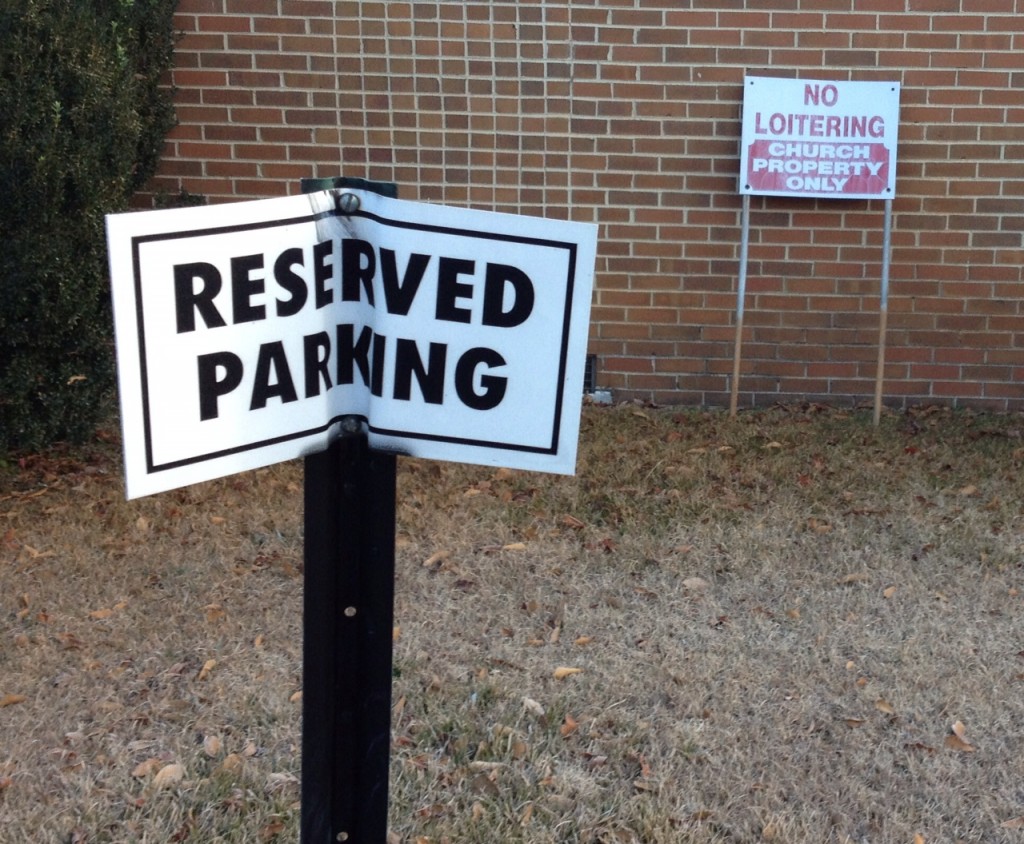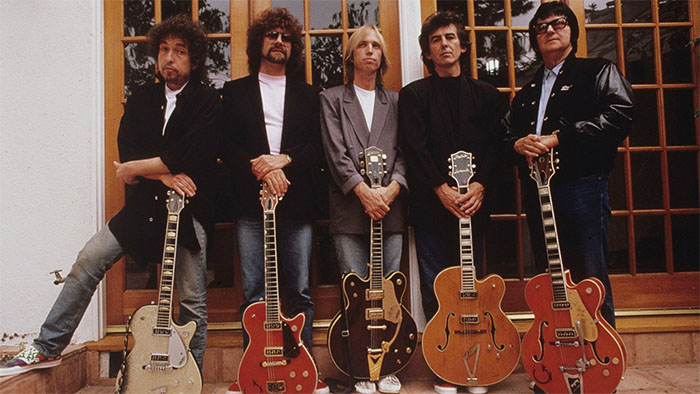 I found this interesting pic online not long ago and it occurred to me that the sort of alternative approach to identity being entertained at Culture on the Edge — an approach to identification that structurates and historicizes agency and intention — is likely one that runs counter to the commonsense notion of the individual, of the self, that most of us have, making this idea of the individual itself a social thing. This alternative approach therefore places emphasis on the collective situation in which our idea of the individual comes into existence as a discursive item, as a social, legal, political fiction which helps to make possible the worlds that we take for granted.
I found this interesting pic online not long ago and it occurred to me that the sort of alternative approach to identity being entertained at Culture on the Edge — an approach to identification that structurates and historicizes agency and intention — is likely one that runs counter to the commonsense notion of the individual, of the self, that most of us have, making this idea of the individual itself a social thing. This alternative approach therefore places emphasis on the collective situation in which our idea of the individual comes into existence as a discursive item, as a social, legal, political fiction which helps to make possible the worlds that we take for granted.
Case in point: private ownership is possible only once we have legally defined and distinguished individuals in place.
To entertain such a radically historicized and socialized notion of the self, of identification as a means to signify the self, means that we have to be willing to entertain that we, each of us, are not special, at least not how we usually think of it. Instead, we might consider that we become special to certain people, at specific times, for particular reasons. We thus turn our attention to the strategies of specialization, as an ongoing process and series of discrete practices, rather than seeing its product as a free floating, transcendental value — much like the move from expressing an identity to studying the techniques and sites of identification.
If we insist on thinking of ourselves as unique, as special, as rugged individuals who stand out from the crowd, then, it is because of the others to whom we are related, in structured situations not of our making. What makes us stand out, in short, are the shoulders we’re thrust upon.

 In the U.S. today is Martin Luther King Day, a federal holiday established in 1986 to commemorate the life and achievements of the noted civil rights leader who was tragically assassinated outside his motel room in Memphis in 1968.
In the U.S. today is Martin Luther King Day, a federal holiday established in 1986 to commemorate the life and achievements of the noted civil rights leader who was tragically assassinated outside his motel room in Memphis in 1968.
 I found this interesting
I found this interesting 
 An interesting, though brief, story was on the radio this morning, concerning the September 1, 2010, ban on smoking in enclosed public places in Greece — a ban that I think it fair to say has only gradually gained some traction among the Greek public.
An interesting, though brief, story was on the radio this morning, concerning the September 1, 2010, ban on smoking in enclosed public places in Greece — a ban that I think it fair to say has only gradually gained some traction among the Greek public. Did you catch this episode of The Sopranos (back in 2002 [Season 4, episode 3])? Sure, there’s a fair bit of swearing in the clip below, but we’re all adults here, right?
Did you catch this episode of The Sopranos (back in 2002 [Season 4, episode 3])? Sure, there’s a fair bit of swearing in the clip below, but we’re all adults here, right? 
 Yesterday I
Yesterday I  Ever wonder how a imperial dominance works? Consider this, admittedly, fun video in which all the objects in the Oxford museum — including the ancient ones! — all know and love Christmas carols.
Ever wonder how a imperial dominance works? Consider this, admittedly, fun video in which all the objects in the Oxford museum — including the ancient ones! — all know and love Christmas carols.  Are you following what’s now unfolding in the US state of Oklahoma? No? As just reported in
Are you following what’s now unfolding in the US state of Oklahoma? No? As just reported in  For scholars of religion this is just too rich an example not to grab hold of and ride as far as it will take us.
For scholars of religion this is just too rich an example not to grab hold of and ride as far as it will take us.  Did you see Google’s new ad, released not long ago and which is part of their
Did you see Google’s new ad, released not long ago and which is part of their  For those interested in historical narratives and the topic of origins, consider the following documentary from 2007, about the rock group that, as it turns out, just happened to have been formed when
For those interested in historical narratives and the topic of origins, consider the following documentary from 2007, about the rock group that, as it turns out, just happened to have been formed when